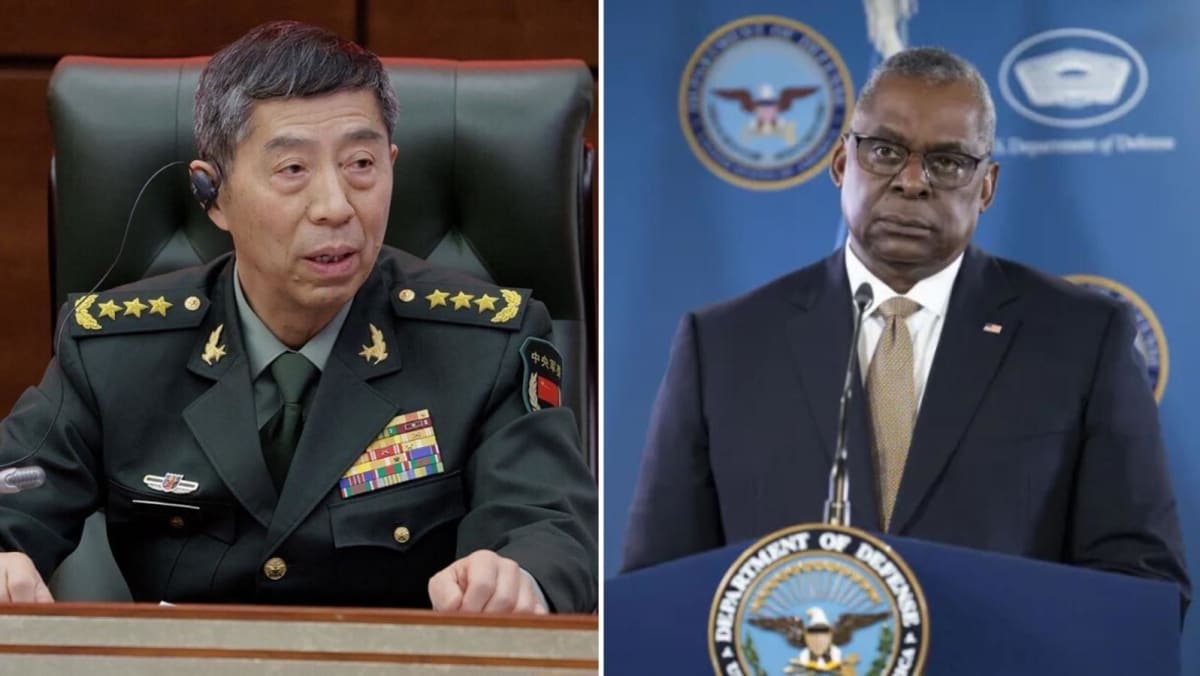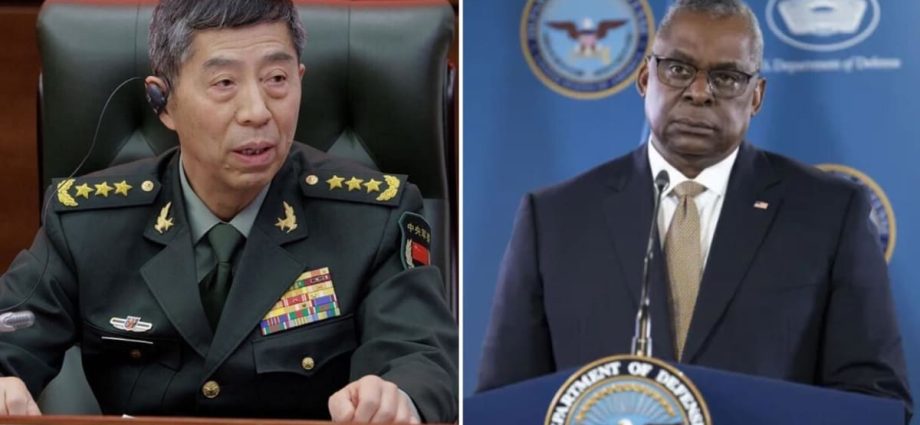
But there has been communication through different channels recently. On May 8, Chinese Foreign Minister Qin Gang met with US ambassador to China Nicholas Burns, suggesting the “pressing task is to stabilise the China-US relationship”.
Burns then met Chinese Minister of Commerce Wang Wentao on May 11, who subsequently went on to meet US Commerce Secretary Gina Raimondo on May 25 for “candid and substantive discussions” on the commercial relationship, according to the US readout.
The Wang-Raimondo meeting was the first Cabinet-level link-up since the balloon incident, but an arguably higher-level meeting was held on May 10 to 11 in Vienna between US National Security Advisor Jake Sullivan and Politburo member Wang Yi, China’s senior-most diplomat. This meeting was a small step down from the Beijing trip US secretary of state Antony Blinken had planned in February and cancelled after the balloon incident, but still represented a willingness to engage at a senior level.
BUTTER, NOT GUNS
The series of meetings seemed to indicate a burgeoning rapprochement between the US and China. With both countries harbouring economic concerns, in the US as the inflationary fallout from the Ukraine war translates into higher interest rates and a possible recession, and in China as its post-COVID recovery sputters, greater communication seemed mutually beneficial.
But with China then rejecting an Austin-Li meeting, and not yet agreeing to a call between President Xi and President Biden despite weeks of Washington’s requests, a limit to re-engagement appears to have been reached.
In truth, there are specific circumstances preventing an Austin-Li meeting. The US has maintained sanctions against Li since 2018 under the Countering America’s Adversaries Through Sanctions Act given Li’s role in procuring Russian military equipment. For Beijing, the sanctions on Li are an unacceptable background to any meeting, while Washington has thus far refused to remove them.

